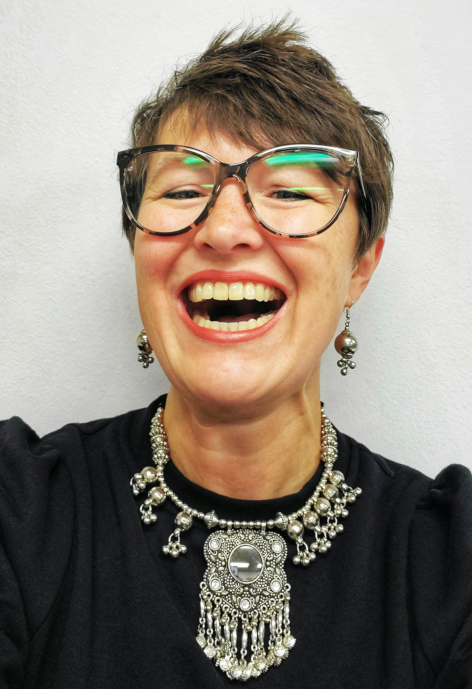Bethann Garramon Merkle
Zoology & Physiology
Associate Professor of Practice, Zoology & Physiology & Director, UW SciComm Initiative

Research Interests:
My goal is to enhance ethical leadership capacity in science and academia, and I conduct
research on:
- Mechanisms to enhance scientists’ communications skills (e.g., Merkle et al. 2022; Merkle 2023a; Fisher & Merkle et al. 2024, Merkle & Heard, 2025 in press); and
- Mechanisms of ethical, transdisciplinary leadership, research and teaching for public engagement (e.g., Deanna & Merkle et al. 2022; Barrile & Merkle et al. 2023; Merkle 2023b; Broder & Merkle et al. 2024; Reed & Merkle et al. 2024).
I am the lead investigator on a million-dollar research study funded by the National Science Foundation: SciComm LIFT: Leveraging Institutional capacity for eFfective graduate student Training. Over my career, I have raised/contributed to raising $4,769,000+ in funding. I was recently elected an Early Career Fellow for my “pioneering work in science communication” and use of mixed-methods research to study “self-efficacy and collective action in order to empower scientists and science students.”
Furthermore, my teaching is grounded in applied scholarship, and I have published extensively on my on-going studies of the efficacy of scicomm training and related interventions.
More information: ORCID
Examples of Courses Taught
Teaching and Professional Development Programs:
Communication (oral, written, and interpersonal) is the top job skill required in all sectors. Since most of our students will not pursue an academic career, students at all degree levels need scicomm training. Yet, most scientists receive zero formal training in scicomm, feel ill-equipped to share science effectively beyond the academy, and many encounter resistance to their efforts to do/learn scicomm. Thus, my courses address a serious need, are the only such offered in ZP, and remain rare at UW. My intent with all my teaching is to enable people to carry their science knowledge out into the world as a toolkit for the good of society and the planet. I use the deep synergies between science, the arts, and the humanities to make ethical, effective communication tools, habits, and theoretical constructs accessible. I strive to make these connections tangible, practical, and transferable for everyone I teach.
I am committed to curriculum design and instructional practices which ensure coursework and trainings are relevant and that participants gain (and are able to articulate and apply) transferable skills which build on their existing knowledge, identities, and self-efficacy. I develop curriculum with the recognition that foundational and advanced skills in writing and other modes of communication (e.g., graphic design, facilitation, etc.) are fundamental to people's abilities to share science with peers and beyond academia. Building these skills is a critical way we can support students' and professionals' growth as engaged citizens, regardless of their career paths. Furthermore, science writing and communication skills are essential for expanding access to science and enhancing the relevance of the science we do. I am both enthusiastic about, and deeply committed to, supporting scientists at all career levels as they explore how science communication and engagement fit into the spectrum of science-allied careers.
Science Communication and Engagement:
Since 2017, I have been the founding director of the UWyo Science Communication Initiative (WySCI), a grassroots, campus-wide initiative which envisions a campus community that values, supports, and creates effective science communication and engagement. WySCI supports, creates, and values three major areas of SciComm/Broader Impacts work: skill building, research and capacity building, and culture shifts to enhance value and community around this work. In addition to my work at the University of Wyoming, I co-founded the Communication and Engagement Section of the Ecological Society of America (2014), co-led it for a decade, and was recently elected an Early Career Fellow. I was also the founding editor of the Communicating Science department of The Bulletin of the Ecological Society of America (2018), ESA's oldest journal. Both of these ESA-related endeavors provide excellent science communication resources for scientists and practitioners working on public engagement and broader impacts efforts. Furthermore, I am active in relevant professional organizations and have served multiple terms in editorial roles for peer-reviewed journals including Natural Sciences Education, The Journal of Agriculture, Food Systems & Community Development, and FACETS (flagship journal of the Canadian British Society).

